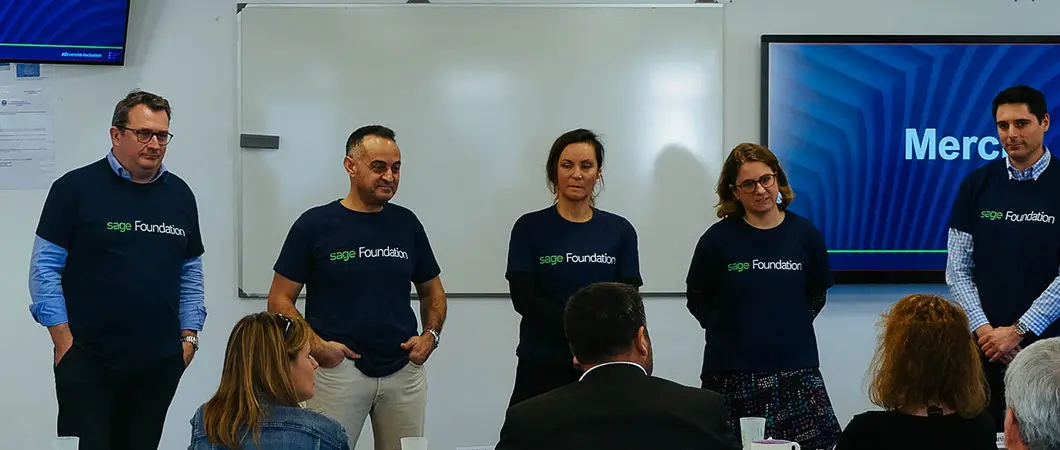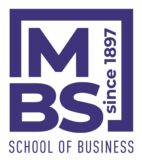Managing diversity and inclusion: participants of the Executive MBA issue their recommendations to companies

An exercise based on a real business challenge
Last December, participants of the Executive MBA of Montpellier Business School discovered the CSR (corporate social responsibility) module, a part of their educational program where 5 companies share the challenges of diversity and inclusion in a recruitment context and while providing accompaniment to the employees or management teams.
“The participants visited Auchan, Sage, Sanofi, Orange, and AFPJR in order to deliver both a realistic diagnosis of the company’s situation in terms of diversity and provide expert recommendations at the end of their immersion period 3 months later,” explains Catherine Deiana, Educational Manager of the Executive MBA Program.
Fieldwork aiming to kick start in-depth debates and involve all employees
Accompanied by 4 MBS Researchers, the participants of the Executive MBA were first challenged on their methodology. “The aim for the participants was to go beyond what was put in place by the Human Resources departments. The goal here was to involve all managers so not to limit reflection to a specific analysis of data, but to integrate the qualitative feedback from the teams and thus have a chance to identify inconsistencies in the field despite the inclusive DNA that a business can bring to play,” says Dr Maryline Meyer, unit manager.
Recommendations that go beyond the company’s scope
On March 13, EMBA participants had the opportunity to present their work to a jury made up of partner companies and expert researchers specialised in the subject. “We have put a lot of systems in place to respond to the challenges of inclusion, especially when it comes to the representativeness of women in the field of IT development. Today, I expect the restitution we’ve made to provide reassurances as well as frameworks for the upcoming projects we choose not to divulge,” explains Marie-Claude Chazot, Southern Europe HRD at Sage.
Among all the recommendations issued to the companies, several main categories stand out. First, reviewing or implementing measurement tools supported by an inclusive managerial policy: “For instance, major decision-making meetings taking place after 6 pm are very likely censoring employees with children,” says Sylvie, EMBA participant.
But very often, the participants encouraged companies to leave their perimeter in order to familiarise themselves with obstacles that are usually only visible at the beginning of the recruitment process. “Reverting to the example of IT development, women are also much underrepresented in training. The idea is to involve companies in the orientation of new generations, by surrounding themselves with expert associations specialised in the questions of diversity, inclusion, and the discovery of professions such as La main à la pâté, Face Hérault, or even the second chance schools,” concluded the participants.
